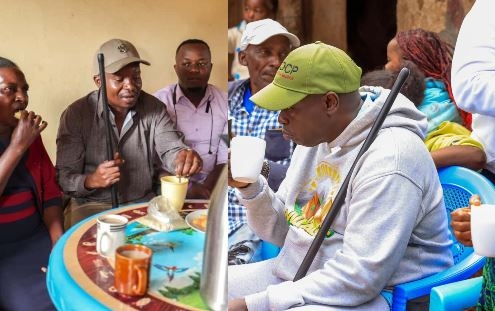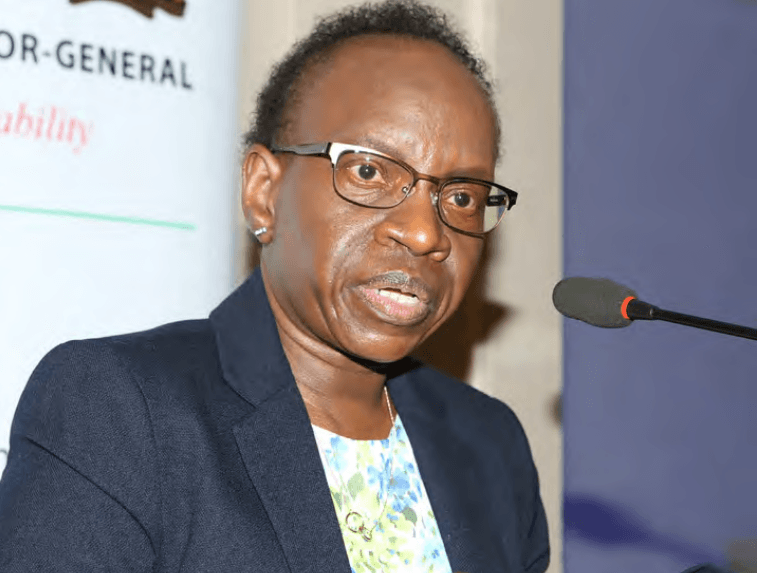Kiambu county is set to benefit from a slums upgrading programme implemented by the Ministry of Housing and Urban Development.
Under the Kenya Informal Settlement Improvement Project, 400 informal settlements in 33 counties nationwide will be improved.
The programme involves provision of title deeds, repair of drainage systems, installation of floodlights and street lights, construction of sewerage lines and enhancement of water and electricity connectivity among others.
While the lives of slum dwellers will be improved through enhanced economic activities and reduced crime, the government will in return collect more revenue through land rates, and metered water and electricity.
Kiambu Kisip-II coordinator Julius Mwololo said the programme will be life-changing for thousands of residents of the settlements.
Speaking during a meeting with county government officials and a team from South Consulting Africa Company that has been contracted to develop a slum upgrading strategy for the county, Mwololo noted that the programme will ensure the needs of slum dwellers are catered for.
The strategy will help establish actionable plans and estimate the required financing.
“The strategy will help integrate these plans into key county documents like the County Integrated Development Plan for effective budgeting and resource allocation from development partners," he said.
The strategy will reflect the unique challenges and aspirations of people living in each slum.
Mwololo said the government is committed to establishing measures that address the issues that cause slums and how they can be upgraded.
“By engaging directly with our communities, we can develop solutions that not only address their current needs but also pave the way for a more resilient community,” Mwololo said.
Gabriel Muli, the deputy director of the slum upgrading department under KISIP II, underscored the need for customised solutions to address the unique needs of each county.
"Each county has distinct characteristics. The strategies we will develop here will be tailored specifically to Kiambu’s needs, ensuring that our solutions are both relevant and effective in addressing the unique challenges faced by the residents,” Muli said.
Musyimi Mbathi, a representative South Consulting Africa, said the strategy will help address slum expansion in the county.
"Slum upgrading and prevention are crucial for ensuring that urban growth is sustainable and beneficial for all residents," he said.
The strategy will involve a thorough situational analysis, extensive field studies, and input from residents and leaders to create an actionable plan for slum upgrading and prevention.
KISIP II is jointly funded by the International Development Association and the national government.
The five-year project’s objective is to improve access to basic services and land tenure security of residents of slums and to strengthen institutional capacity for slum upgrading in Kenya. It will end in 2026.















